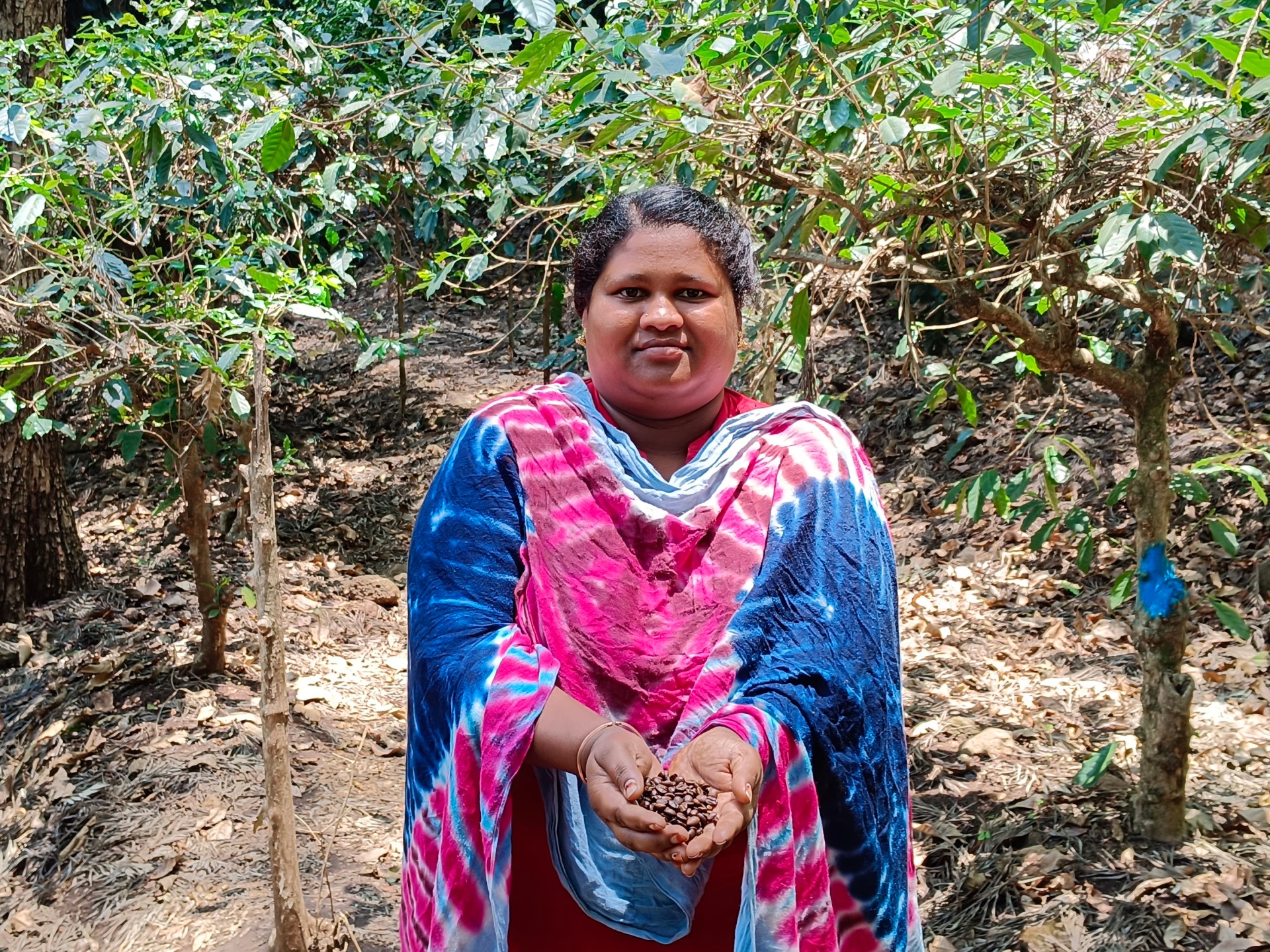
In India’s Arabica coffee capital, an election protest is brewing
Al Jazeera
Araku Valley coffee is sold in cafes around the world, but its farmers do not have toilets.
Araku Valley, India – Gemmala Sita is proud of the coffee beans she grows on what is among the world’s largest organic, fair-trade plantations. Her Arabica beans end up as steaming cups of coffee in the chic cafes of Paris and Dubai, Stockholm and Rome.
But the 29-year-old’s own life is a struggle for the basics. She must bathe in a makeshift washroom made of bamboo and covered with used household cloths.
Sita and her 45-year-old husband G Raja Rao are among 450 members of a tribal community that lives in Gondivalasa village in Araku Valley, on India’s eastern highlands facing the Bay of Bengal. The region in the southern Indian state of Andhra Pradesh is dotted with coffee fields renowned for its Arabica beans that are grown as an intercrop along with black pepper. When leaders from G20 nations visited New Delhi for the grouping’s annual summit last September, the Indian government gifted them this coffee.
Yet in Araku Valley, it is a protest that is brewing.
In India’s 2019 national election, the coffee hub grabbed headlines after more voters picked ‘None of the Above’ (NOTA) from a long list of candidate options than the combined votes secured by the nation’s two biggest parties, Prime Minister Narendra Modi’s Bharatiya Janata Party (BJP) and the opposition Congress party, in the constituency.











